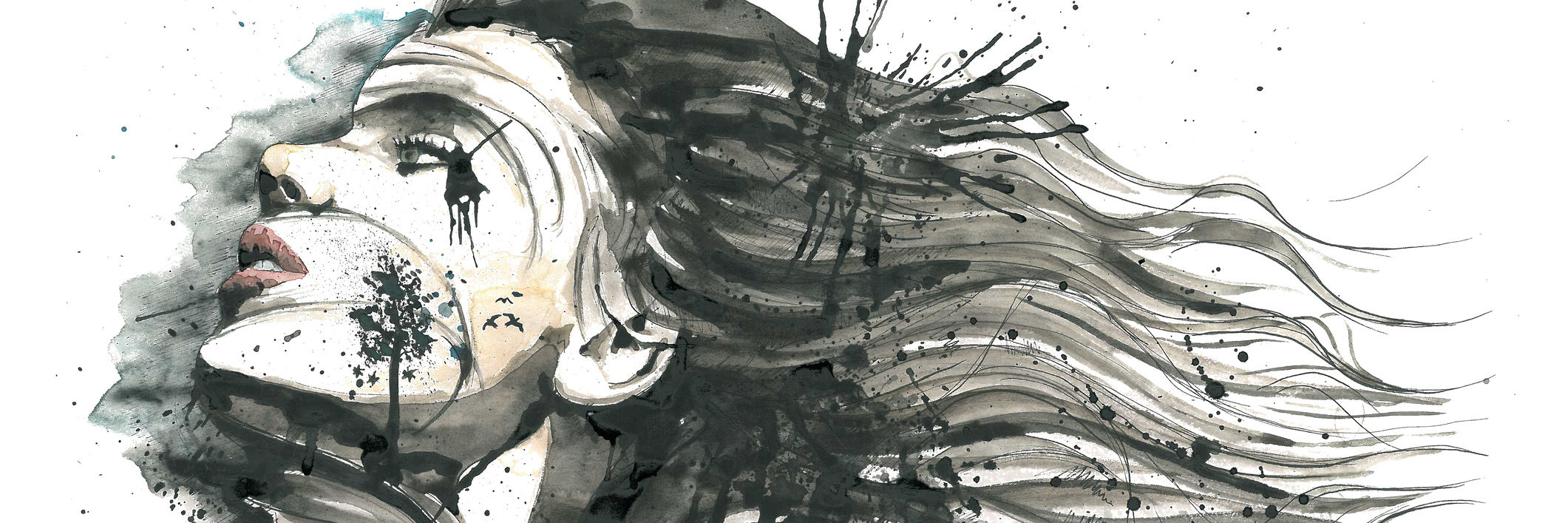6 Ways My PTSD Is as Much a Physical Condition as It Is a Mental One
Post-traumatic stress disorder (PTSD) is considered a mental illness. While I don’t disagree with this, a more complete description of my experience with PTSD is that it’s a mind and nervous system condition that affects me mentally, physically and spiritually. Some of the ways PTSD affects my body are:
1. Disrupted sleep.
I have nightmares every night, and wake up with a nightmare between two and 10 times a night. In order to get enough sleep, I need to spend more time in bed than most adults I know.
2. Varying, unpredictable energy levels.
Sometimes I’m so restless that I hardly sleep and have trouble sitting still for any length of time. Other days, I sleep for 12 to 14 hours and still feel exhausted. While I tend to cycle between these states (maybe because after being revved up my body needs to crash), it’s impossible to predict whether a particular day will be one when I walk seven miles because I have so much energy or a day when I feel wiped out walking half a mile to the store. Of course, it’s also impossible to time these shifts, so I have energy on, say, a day I have to work.
3. Migraines.
Migraines aren’t well understood, so I don’t know whether I’d have them or not if I didn’t have PTSD. However, one thing that sets them off is lack of sleep, which is sometimes outside of my control due to the previous two factors.
4. Tooth pain.
This is due to receded gums, which dentists have told me are probably due to clenching and grinding my teeth during nightmares over many years.
5. Urinary incontinence.
Sometimes I lose control of my bladder when I have nightmares or panic attacks. Getting past shame about this has been more difficult than the problem itself, which mostly just requires planning to wear incontinence pads in situations when this is likely to happen.
6. Endometriosis.
Like migraines, the causes of endometriosis aren’t fully known. However, the fact that my endometriosis has progressed to the point where I have organ adhesions and am infertile is related to the environment I was raised in. I wasn’t allowed to seek medical attention when I started to have pain as a teenager. I was told the pain was my fault because I was “thinking the wrong thoughts” and I “wanted to be sick in order to get attention.” It’s been a process to learn pain is a sign something is wrong rather than a sign that I’m being punished for doing something wrong.
Of course, other people’s experiences of PTSD are different than mine. However, I hope this sheds some light on how PTSD can be a physical experience as well as a mental one.
Thinkstock photo via bilalcinar.

